The Wyandotte is a highly regarded breed of chicken, known for its dual-purpose qualities, attractive appearance, and calm temperament. Originating in North America in the late 19th century, the Wyandotte was developed primarily for both meat and egg production, making it a versatile addition to any backyard flock or small farm. This breed is a true testament to the combination of utility and beauty, with its robust physique, friendly nature, and distinctively laced feather patterns that have made it a popular choice among poultry enthusiasts.
Origins and History
The Wyandotte breed was developed in the United States in the 1870s, with its name derived from the Wyandot Native American tribe, reflecting the breed’s American heritage. The development of Wyandottes involved crossbreeding various chickens, including the Hamburg, the Plymouth Rock, and other local breeds, to create a bird that was both hardy and productive. The breed quickly gained popularity due to its ability to thrive in various climates and its usefulness as both a reliable layer and a source of meat.
Wyandottes were officially recognized by the American Poultry Association in 1883 and have since been bred in a variety of color patterns, with the most well-known being the silver-laced variety. Over time, the breed became highly regarded not only in commercial poultry operations but also among backyard poultry keepers and those interested in ornamental chickens.
Physical Characteristics
Wyandottes are medium-sized, well-proportioned birds that boast an attractive appearance, particularly their distinctive laced feather patterns. These laced feathers are characterized by contrasting edges that give the birds a “laced” or “outlined” effect, most commonly seen in the silver-laced variety. Wyandottes come in a wide range of color variations, including silver, golden, blue, black, and even white, making them visually appealing in a variety of flocks.
Adult Wyandotte hens typically weigh between 5 to 7 pounds, with roosters averaging around 7 to 9 pounds. They have a rounded, broad body and a deep chest, giving them a robust and muscular build. Their plumage is dense, and their comb is generally rose-shaped, which helps them withstand cold temperatures more effectively compared to breeds with larger combs.
Temperament and Behavior
Known for their calm and friendly disposition, Wyandottes are typically docile, making them ideal for both beginners and experienced poultry keepers. They tend to be peaceful around other chickens and are relatively easy to handle. Wyandottes are not overly aggressive and, while they may be a bit reserved at first, they are generally quite social once they become accustomed to their surroundings.
Despite their calm demeanor, Wyandottes are also quite independent and can be self-sufficient when it comes to foraging. They are curious and active, often exploring their environment to find food, which makes them well-suited for free-range systems. Their friendly nature also means that they tend to tolerate human interaction well, although some may be a bit more standoffish than others.
Egg Production
Wyandottes are known for being reliable layers of medium to large brown eggs. While they may not be the highest producers in terms of quantity when compared to breeds like the Leghorn, they consistently provide eggs throughout the year, even in colder months. On average, a Wyandotte hen will lay about 4 to 5 eggs per week. Their consistent egg production, combined with their ability to adapt to various weather conditions, makes them a valuable addition to any flock.
Meat Production
In addition to being excellent layers, Wyandottes are also raised for meat, making them a true dual-purpose breed. Their solid build and ability to grow to a good size make them suitable for the table. Wyandotte meat is flavorful and tender, and while they may not grow as quickly as some commercial meat breeds, they provide a sustainable and delicious option for small-scale farms or home cooks.
Hardiness and Adaptability
One of the standout features of Wyandottes is their hardiness. They are particularly well-suited to colder climates due to their rose comb, which reduces the risk of frostbite that larger combed breeds may suffer from in freezing temperatures. However, they also do well in warmer climates, making them an adaptable breed for diverse environments. Their dense plumage offers them some protection from the elements, and they are generally healthy and resilient birds.
Wyandottes as Show Birds
Due to their striking appearance, Wyandottes are also popular in poultry shows. Their laced feathers, in particular, make them a favorite in competitions. The breed’s beauty and symmetry, along with its wide variety of accepted colors, have made it a regular presence in poultry exhibitions.
Conclusion
The Wyandotte is a well-rounded and versatile chicken breed, ideal for both egg production and meat, making it a valuable choice for anyone interested in raising poultry. Its beauty, calm temperament, and resilience in various climates make it a popular breed among backyard flock owners and small farmers alike. Whether for its consistent egg-laying, ornamental appeal, or tasty meat, the Wyandotte continues to be a favorite in the world of poultry. Its friendly disposition, combined with its ability to adapt to various farming conditions, ensures that it remains a cherished breed for many poultry enthusiasts.

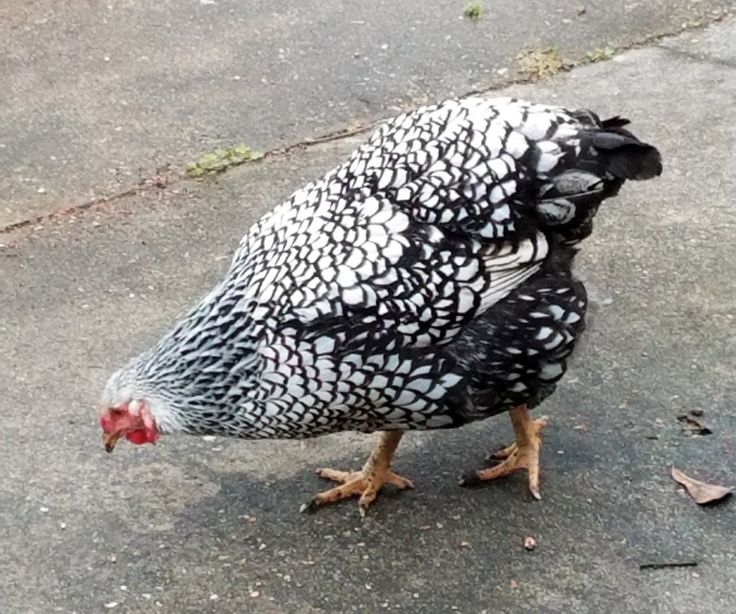
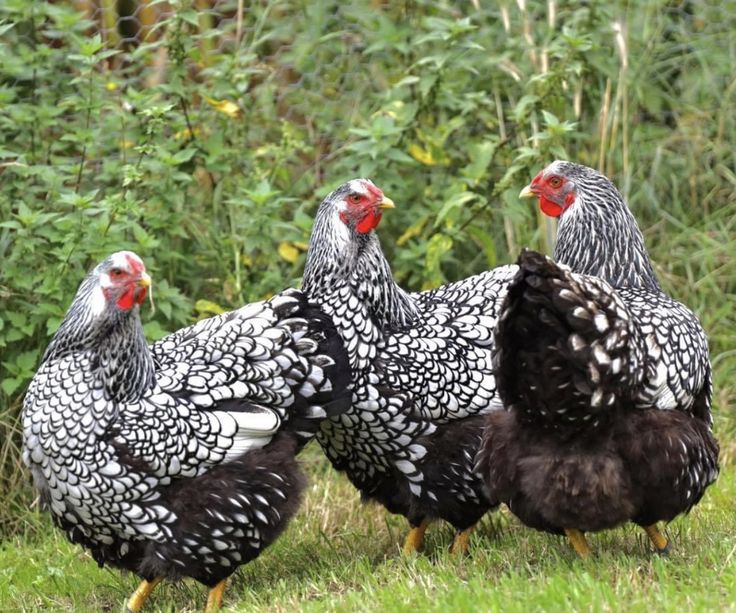
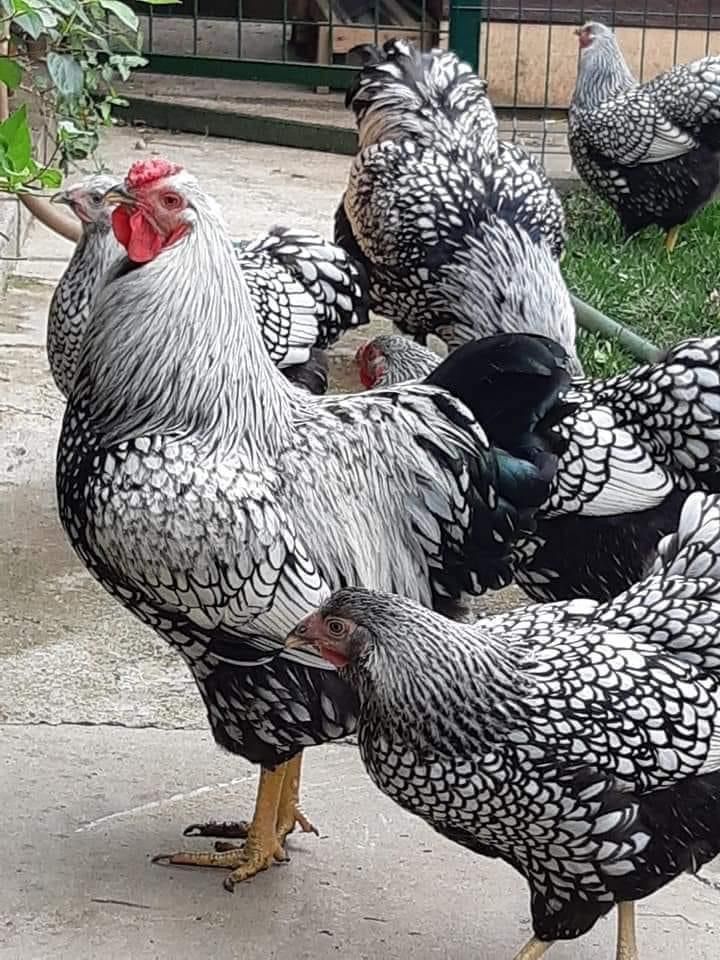
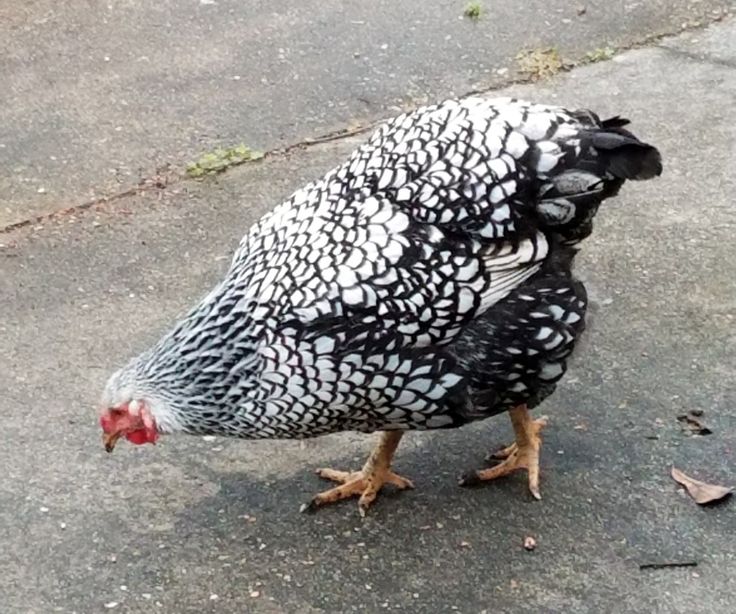
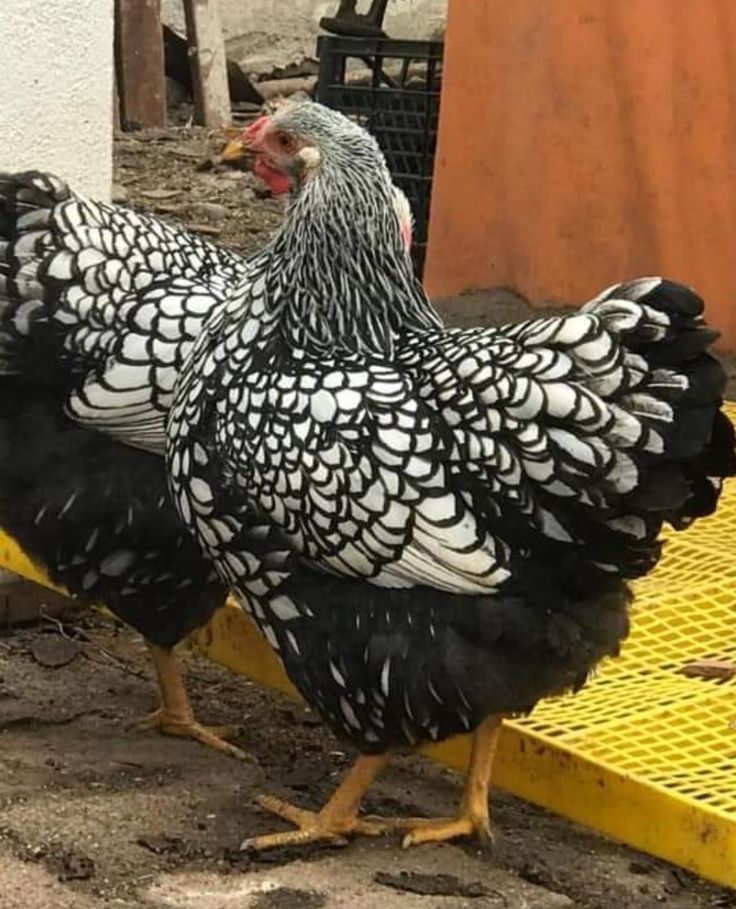
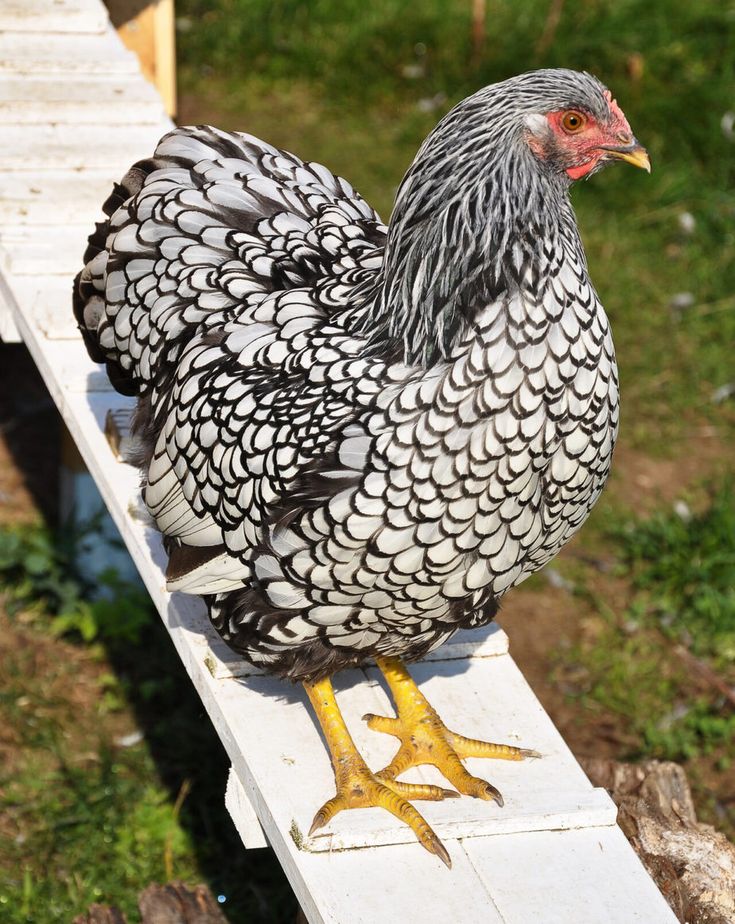

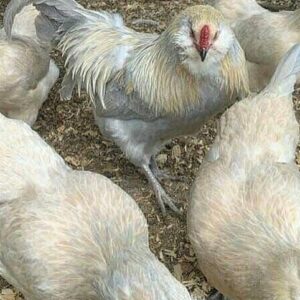
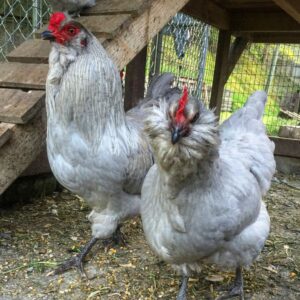

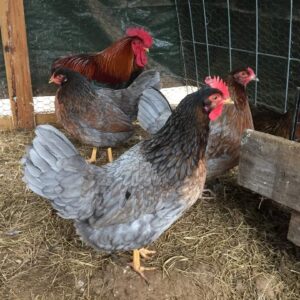
Reviews
There are no reviews yet.